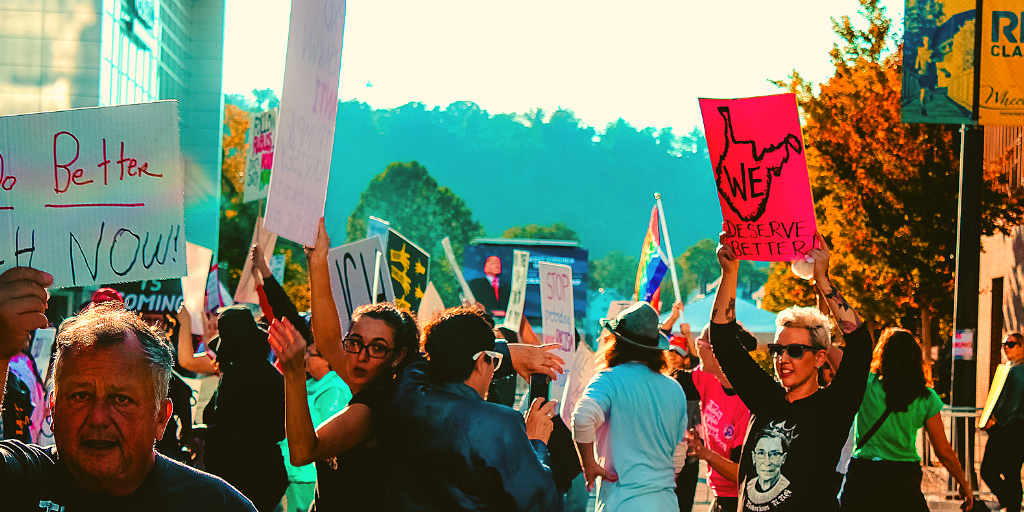One of the things we value most is an ongoing discussion with some of the Detention Forum members and volunteers about the complex nature and process of creating a social change. Particularly we often talk about the vital importance of things that are invisible and slow to materialise but are vital ingredients of transformation. We have asked Catherine, one of our volunteers, to share with us her reflection on this matter – so far.
The Hostile Environment impinged on me in a comparatively minor way when I had to organise Tier 2 visas for non-EU academics coming to work in the Research Centre I then ran. The rules seemed arbitrary and ridiculous, such as the need to have a very precise type of screen shot of the advertisement taken on the first day an ad was published or risk having to re-run the whole recruitment if you wanted to appoint a non-EU researcher. (This issue of academic visas – short-stay in this case – has recently come to prominence as UK academics challenge the racialised visa decisions made by the Home Office, where many scholars from Africa find their visa applications to attend academic conferences disproportionately and unfairly refused.)
Partly through hearing a visiting lecturer, Natasha Walter, of Women for Refugee Women, I learned that my brush with the hostile environment was as nothing compared to its most extreme manifestation – indefinite immigration detention. I first heard of Yarl’s Wood detention centre, my local, where people, mainly women, were detained for immigration reasons. This was in 2015, when the number of people entering immigration detention across the UK’s then 8 detention centres, reached 32,447 and 4000 people were held in detention at any one time.
My first ever protest, at the age of 54, was outside Yarl’s Wood, where I discovered the joys of screaming against injustice at the top of your lungs with a group of like-minded people. The adrenaline rush quickly vanished when I realised that all it had changed was how virtuous I felt about myself. It made not one jot of visible difference to the system of indefinite detention of migrants.
I am still shocked that as a society we know that immigration detention exists and not do anything about it. Much in the way I thought the system would change after a few protests, I thought all we had to do was make people aware of the injustice of people held in detention and there would be a groundswell of outrage that would stop it. But anger is easy and I am learning now about the complex process of changing minds about a system that many of us would rather not have to think about.
Becoming a social media volunteer for the Detention Forum has been one way of taking action. Unfortunately, there has been no shortage of scandalous stories about people being detained, about conditions in detention centres (or ‘immigration removal’ centres as the Home Office would have it) or about deportation. I and fellow volunteers regularly tweet about the issues in an effort to change both the conversation and policy around immigration, including taking part in the Detention Forum’s annual virtual tour of the UK’s detention estate, Unlocking Detention, which aims to bring the reality of detention outside its walls.
We try to remember that at the heart of all these stories are real people whose real lives are being destroyed. Whatever action we take, whether marching, tweeting, lobbying our MPs, or even thinking about the language we ourselves use when we talk about migration, we must not forget the outcome we are all fighting for. Especially now, with the glimmer of change on the horizon (cross-party support against indefinite immigration detention; party manifestos pledging to end detention), it seems even more important to think of actions that can nudge this change forward, rather than just continuing to shout in the virtuous echo chamber.
One of the most notable things about the organisations who have coalesced around the issue of ending immigration detention is how consciously they think about how to effect change. It has been a really salutary experience listening to debates where groups or individuals share similar goals but may not necessarily agree on strategy. Debate is respectful, thoughtful and always with the aim of changing the system for the better for the people it harms.
My involvement has brought me into closer contact with this landscape of despair. And what has struck me forcibly is that there are amazingly good and quietly (and not so quietly) effective people working against detention – including and especially people who’ve been through the detention system themselves and are experts-by-experience. At a time when hope is in short supply, this has been a shining light and brings me back to one of the reasons that I got involved in the first place: not wanting to have just stood by in the face of one of the great injustices of my lifetime.
Lately, I have become interested in befriending or ‘accompanying’ as the rather beautiful report, For our welfare not for our harm by Dr Anna Rowlands, for JRS UK, puts it. The idea of just being with people, listening, talking, can help restore their dignity after our system has stripped it away. It gives me hope to think that ordinary people, doing ordinary things, can stand in solidarity with those who this system has tried to dehumanise. Simple gestures towards restoring an individual’s humanity ripple outwards, helping restore the humanity of our society.
So yes policy, political leadership, legislation – all these are vitally important. But if one reason a rotten system can persist is because ordinary people stand by, these same people can also drive social and cultural change. At the moment, the voices against us may seem that bit louder – but the solidarity, kindness and often humour I’ve found in the people I’ve come across through my small involvement in the campaigns for migration justice give me hope that together we can change the conversation to a more humane and just one.
Anyone can be part of the change.
Catherine (@hurleycat38) volunteers for the Detention Forum





